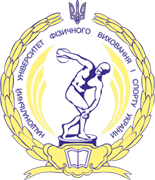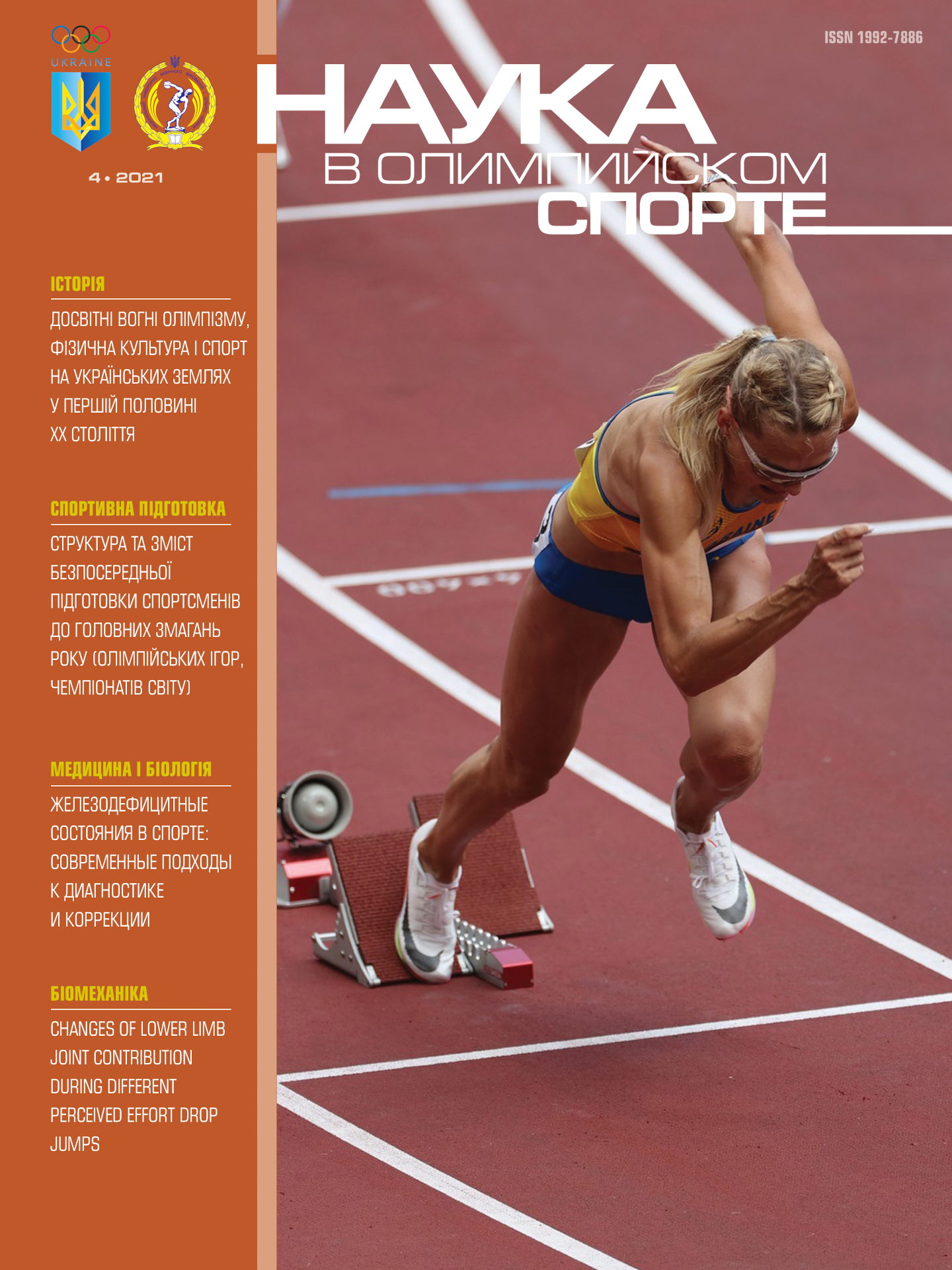Abstract:
In this article, the authors consider the lack of an independent and modern dispute resolution mechanism in the area of sport relations as a sport problem; the lack of qualifi cation of sports disputes; and, the need to develop a modern mechanism for sports dispute resolution that is compatible with the current paradigm of modern sport.
Methods. This article is based on the grounded theory to close the gap between theory and empirical research in modern sport problems especially sports dispute resolution in the international arena. According to Ralph, Birks & Chapman thesis, grounded theory integrates diverse traditions in sociology, positivism, and symbolic interactionism.
Results. The authors consider the importance of modern sports in life, education, and the economy, as well as, the need to defi ne the concept of sport dispute; developing a modern mechanism for dispute resolution harmonized with the paradigm of modern sport, as the current practices of the CAS specify this necessity.
Conclusions. Choosing the correct jurisdiction for considering sport disputes and a professional institution for sport disputes resolution requires an exact defi nition of “sport dispute” and a study of the classifi cation of sport disputes. Applying international sport dispute resolution institutions developed under the UNCITRAL Model Law is one of the most common sport dispute resolution ways and, issued decision of these institutions are granted to be recognized and enforced by the States which signed the New York Convention 1958. Sport disputes have their own specifi cs and require qualifi ed arbitrators and lawyers in the fi eld of both law and sport knowledge, therefore, parties of a sport dispute are strongly recommended to apply correct sport dispute resolution institutions and choose qualifi ed arbitrators and lawyers to avoid losing their rights. The most common sport arbitration court is the CAS. The CAS experienced several reforms, but, some of the issued decisions after 2000 which many of them under the public policy are appealed to the Swiss Federal Tribunal, show proof of the necessity of developing a mechanism of sport dispute resolution, which is more updated and compatible with the current paradigm of modern sport.
Methods. This article is based on the grounded theory to close the gap between theory and empirical research in modern sport problems especially sports dispute resolution in the international arena. According to Ralph, Birks & Chapman thesis, grounded theory integrates diverse traditions in sociology, positivism, and symbolic interactionism.
Results. The authors consider the importance of modern sports in life, education, and the economy, as well as, the need to defi ne the concept of sport dispute; developing a modern mechanism for dispute resolution harmonized with the paradigm of modern sport, as the current practices of the CAS specify this necessity.
Conclusions. Choosing the correct jurisdiction for considering sport disputes and a professional institution for sport disputes resolution requires an exact defi nition of “sport dispute” and a study of the classifi cation of sport disputes. Applying international sport dispute resolution institutions developed under the UNCITRAL Model Law is one of the most common sport dispute resolution ways and, issued decision of these institutions are granted to be recognized and enforced by the States which signed the New York Convention 1958. Sport disputes have their own specifi cs and require qualifi ed arbitrators and lawyers in the fi eld of both law and sport knowledge, therefore, parties of a sport dispute are strongly recommended to apply correct sport dispute resolution institutions and choose qualifi ed arbitrators and lawyers to avoid losing their rights. The most common sport arbitration court is the CAS. The CAS experienced several reforms, but, some of the issued decisions after 2000 which many of them under the public policy are appealed to the Swiss Federal Tribunal, show proof of the necessity of developing a mechanism of sport dispute resolution, which is more updated and compatible with the current paradigm of modern sport.
Аннотация:
В данной статье рассматриваются: значимость спорта в современном мире; отсутствие независимого и современного механизма разрешения споров как проблема в области спортивных отношений; отсутствие квалификации спортивных споров; необходимость разработки современного механизма разрешения спортивных споров, гармонизированного с парадигмой современного спорта.













